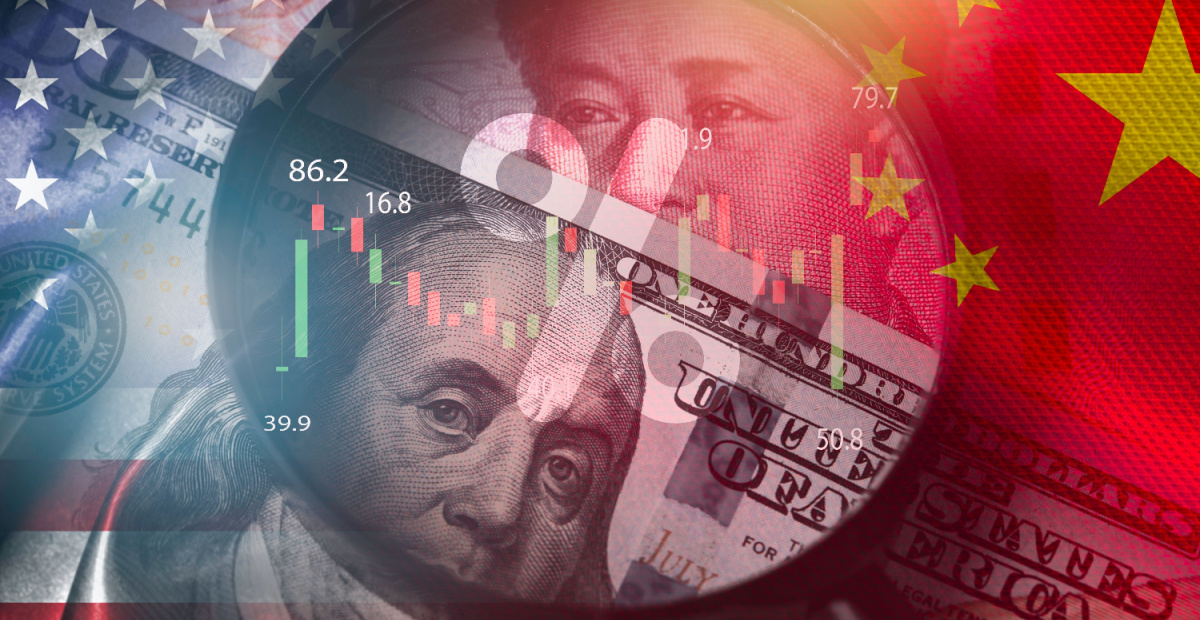Brace for ‘seismic’ shift if China firms act on US interest rate drop: Analyst

Chinese firms may look to repatriate a significant portion of their $2 trillion held in US dollar-denominated assets should the Fed opt – as is widely expected – to cut interest rates, with significant implications for global financial stability, says a leading market watcher.
UK-based analyst Nigel Green, chief executive of deVere Group, a leading global international financial consultancy, has issued an alert on the potential capital withdrawal – which could range from $400 billion to as much as $1 trillion.
A drop in the policy rate, the first in around four years, “could profoundly affect the relationship between the Chinese yuan and the US dollar,” DeVere said.
“Recent trends suggest that Chinese companies, having accumulated over $2 trillion in offshore investments – primarily in US dollar assets – are poised to make a significant shift,” Green added.
“This accumulation has been a strategic response to higher yields available abroad compared to domestic yuan-denominated investments.”
Chinese firms in recent years have keenly invested in a number of US assets, including treasuries, corporate bonds, and real estate, Green said.
The expected drop in the policy rate, which will narrow the interest rate differential between the US and China, will likely diminish the attractiveness of dollar-denominated assets. This, Green said, will prompt many Chinese firms – who have traditionally sought higher returns in US financial markets – to consider repatriating their capital.
“Even at the lower end, such a substantial capital inflow could have a significant impact on the yuan’s value.”
The result of this capital shift will have profound implications not just for the yuan and USD but also globally.
“A significant appreciation of the yuan could reshape global trade dynamics, especially in emerging markets that compete with China in export sectors,” Green said.
“If the yuan strengthens considerably, it could advantage other Asian economies with weaker currencies, potentially altering regional trade balances and economic relationships,” Green said.
Green warned investors to monitor the situation closely, and to prepare to adjust investment strategies to account for a potentially stronger yuan and a weaker dollar.












100% just ask this financial planner they banned for alleged churning based on incomplete & manipulated information. I guess this…
non-disclosed to members in any way they would understand, as it will be paid via an investment reserve set aside…
ASIC hardly need to stonewall questioning of them, it’s benign stuff. Anyone who’s watched Bragg in action and especially those…
Who pays the fine? The members?
And yet they publish bannings and such for ‘crimes’ of far less…for smaller fry advisers…